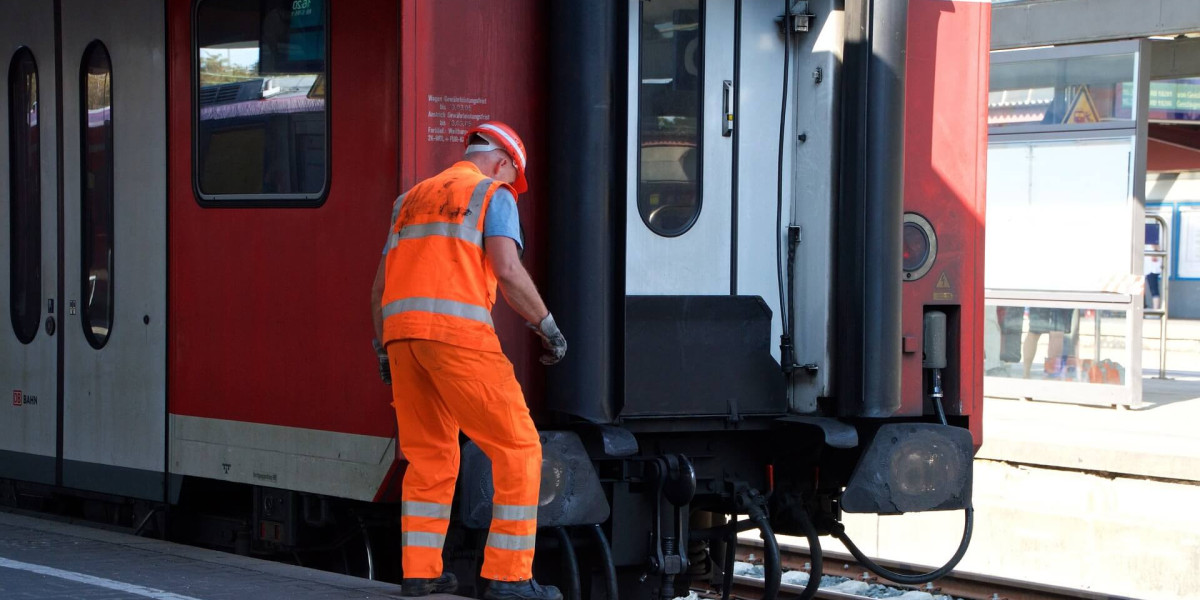Dental emergencies rarely strike at a convenient time. Whether it’s a sudden toothache that wakes you in the middle of the night, a chipped tooth after a fall, or swelling that leaves you in severe discomfort, these situations can feel overwhelming. During such stressful moments, the knowledge that a trusted emergency dentist is available nearby offers an invaluable sense of reassurance. Access to immediate and reliable care not only eases pain but also protects long-term oral health.
In this article, we explore why having an emergency dentist close to home is vital, the kinds of scenarios that warrant urgent care, and how access to professional dental support brings peace of mind to individuals and families alike.
Understanding Dental Emergencies
Many people are unsure what actually qualifies as a dental emergency. While routine tooth sensitivity or minor discomfort can often wait for a scheduled appointment, there are conditions that demand immediate intervention. Severe tooth pain, knocked-out teeth, lost fillings or crowns, bleeding gums, and swelling in the face or jaw are some of the most common examples.
These conditions often develop suddenly, leaving patients anxious and desperate for relief. Unlike planned dental visits, emergencies carry an added layer of urgency. Ignoring the signs or delaying treatment can worsen the problem, potentially leading to infection, permanent tooth loss, or systemic health issues.
This is where the role of a nearby and trusted emergency dentist becomes clear.
Why Proximity Matters in Emergencies
Imagine experiencing severe tooth pain late at night. The discomfort may escalate rapidly, making it impossible to sleep or focus. Travelling a long distance to find help can feel daunting, especially when every minute counts. Having an emergency dentist close to where you live or work ensures that support is within easy reach.
Proximity matters for several reasons:
Reduced travel stress: Short journeys mean patients can seek treatment sooner without enduring long drives in pain.
Prompt intervention: Conditions such as knocked-out teeth benefit from immediate attention, as reimplantation is often only successful within the first hour.
Community connection: Local dentists often provide continuity of care, ensuring they have a better understanding of your dental history.
Knowing that a emergency dentist in Barry is just a call away offers immense comfort to residents, helping them act quickly when emergencies strike.

The Types of Emergency Treatments Offered
Emergency dental practices are well-equipped to handle a wide range of urgent needs. Some of the most common treatments include:
Pain relief and diagnosis: Dentists can identify the root cause of discomfort and administer pain relief immediately.
Restorative work: Broken teeth, lost crowns, or cracked fillings can often be repaired or temporarily restored until a follow-up visit.
Infection control: Abscesses or swelling require urgent treatment to prevent the spread of infection.
Tooth preservation: In the case of a knocked-out tooth, dentists can attempt to save it if treatment is sought quickly.
These procedures are not only about resolving pain but also about safeguarding overall dental health and preventing further complications.
The Emotional Reassurance of Immediate Care
Beyond the clinical aspect, the reassurance of having urgent dental support nearby plays an important emotional role. Dental emergencies can be frightening, especially for children or vulnerable adults. Knowing that immediate, expert help is available eases anxiety and provides peace of mind for families.
This reassurance is particularly valuable for parents, as children are often prone to accidental falls or injuries. Having a reliable dentist close by means less worry about unexpected incidents. For elderly patients, many of whom may struggle with mobility, proximity ensures they can access care quickly without additional stress.
Preventive Care and Regular Maintenance
While emergency dentists play a crucial role in urgent situations, prevention remains the cornerstone of dental health. Regular check-ups, hygiene appointments, and early intervention are essential for reducing the risk of emergencies in the first place.
Professional cleaning sessions, advice on oral hygiene techniques, and monitoring of potential issues can all help maintain a healthy smile and avoid sudden complications. For those seeking ongoing care in the local community, a hygienist in Barry provides valuable preventive support alongside routine dentistry.
By combining preventive care with the security of emergency services, patients can feel confident that their oral health is protected on all fronts.

Building Trust with Your Local Dentist
Trust is a vital part of any healthcare relationship. During an emergency, you want to know that you are in safe, capable hands. A local dentist who understands your needs, communicates clearly, and responds with professionalism can make a difficult situation far easier to manage.
Trust is built over time, often through regular visits and open dialogue. When patients feel heard and respected, they are more likely to seek help quickly when emergencies arise. This strengthens the bond between dentist and patient, creating a sense of community as well as clinical support.
Conclusion
Dental emergencies are unpredictable and often distressing, but having a trusted dentist nearby can make all the difference. From immediate pain relief to long-term protection of oral health, proximity and professional care bring both practical and emotional reassurance. Preventive services further support this by reducing the likelihood of emergencies arising in the first place.
For residents in and around Barry, knowing that skilled professionals are available locally offers comfort and peace of mind. In moments of uncertainty, the value of having a reliable emergency dentist close at hand cannot be overstated. With the combined support of urgent care and preventive services, your smile is in safe hands.
EDA Group remains dedicated to ensuring that communities always have access to the highest standards of dental care when they need it most.






